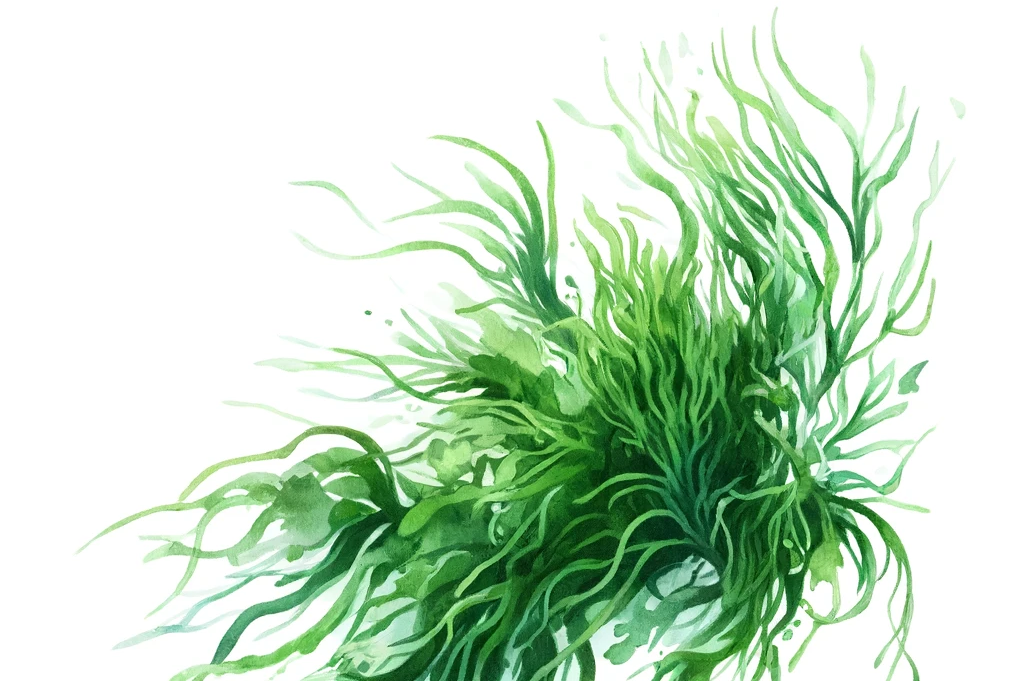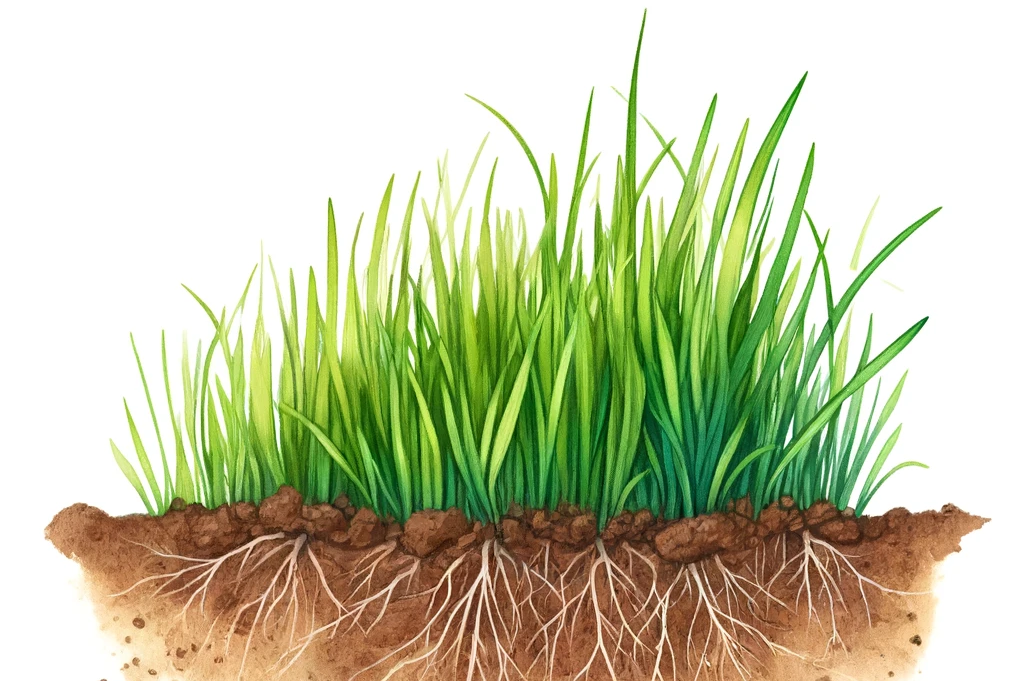Moss

What is moss actually?
Moss belongs to the group of bryophytes, a type of land plant characterized by its lack of a root system and its simple, often velvety structure. These plants typically grow in moist, shady environments and can be found on the ground, on rocks or even on tree trunks. Despite their inconspicuous appearance, mosses play an important role in their ecosystem, including regulating the water balance and providing a habitat for microorganisms.
Advantages of moss in dog nutrition
Natural source of nutrients
Moss can be a source of micronutrients such as vitamins and minerals. Some mosses are rich in vitamin K, which is important for blood clotting, and antioxidants, which can protect cells from damage.
Supporting digestion
The fibers contained in moss can aid digestion and contribute to healthy intestinal flora. These fibers can help keep the digestive system moving and prevent constipation.
Natural detoxification
Some moss species have the ability to absorb heavy metals and other toxins from their environment. Supplied in a controlled form, moss could theoretically help to cleanse the dog's body of harmful substances.
Disadvantages and potential risks
Risk of contamination
As mosses can absorb pollutants from their environment, there is a risk that they may also contain harmful substances such as heavy metals in concentrated form. The origin and purity of the moss is therefore crucial to avoid the risk of poisoning.
Lack of research
There is limited scientific evidence on how moss affects the health of dogs. Without well-founded studies, it is difficult to make precise statements about the safety and effectiveness of moss in dog nutrition.
Possible allergic reactions
As with any new ingredient, there is a possibility of allergic reactions to moss. Watch your dog closely when giving him moss in any form for the first time.
Moss - An exciting experiment to be enjoyed with caution
Moss in a dog's diet is a fascinating concept that offers potential health benefits but also comes with some risks. The decision to introduce moss into your dog's diet should be carefully considered, taking into account the source of the moss and possible intolerances. In the meantime, moss remains an interesting dietary supplement that may one day find a permanent place in your dog's bowl.
If you notice any signs of hypersensitivity or poisoning in your dog, you should see your vet immediately. We are not a substitute for a vet, but we try to be as accurate as possible. Every dog reacts differently and we recommend you get a second opinion or consult your vet if in doubt.
Stay healthy and take good care of your four-legged friend!😊
Similar to Moss
Lichens are not just simple plants, but fascinating symbiotic life forms consisting of fungi and algae or cyanobacteria that live together in extreme symbiosis. This unique partnership allows...
There are many different types of algae that you can give your dog as a dietary supplement. They can bring many benefits to your dog, for example: Spirulina algae is one of the best known and most...
Ferns are a group of around 10,000 known plant species that are characterized by their unique leaf structures, also known as fern fronds. They are among the oldest plants in the world and have...
Grass belongs to the so-called sweet grasses, a large plant family with over 10,000 species. Grass usually grows in tufts or stalks and has narrow, elongated leaves. The flowers of grasses are often...



